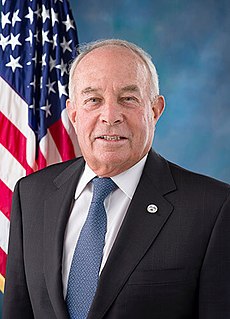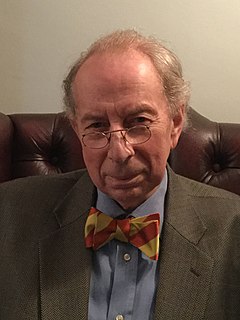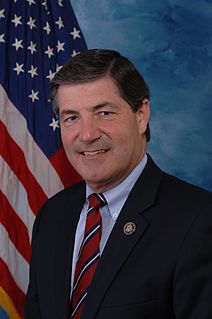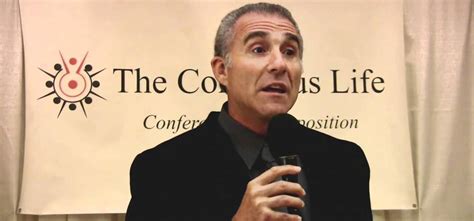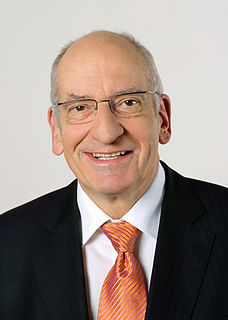A Quote by Thomas Frank
Money has transformed every watchdog, every independent authority. Medical doctors are increasingly gulled by the lobbying of pharmaceutical salesmen.
Related Quotes
In the last century the practice of medicine has become no more than an adjunct to the pharmaceutical industry and the other aspects of the huge, powerful and immensely profitable health care industry. Medicine is no longer an independent profession. Doctors have become nothing more than a link connecting the pharmaceutical industry to the consumer.
Being independent is more of a mind state more than anything else. A lot of people don't understand that being an independent artist means being hands on with your career in every aspect - not being afraid to spend your own money and invest time in yourself. Although I'm affiliated with a major label, I still wake up every day with an independent mindset.
Over the past two decades the pharmaceutical industry has moved very far from its original high purpose of discovering and producing useful new drugs. Now primarily a marketing machine to sell drugs of dubious benefit, this industry uses its wealth and power to co-opt every institution that might stand in its way, including the US Congress, the FDA, academic medical centers, and the medical profession itself.
The field of U.S. cancer care is organized around a medical monopoly that ensures a continuous flow of money to the pharmaceutical companies, medical technology firms, research institutes, and government agencies such as the Food and Drug Administration (FDA) and the National Cancer Institute (NCI) and quasi-public organizations such as the American Cancer Society (ACS).
Since the 1920s, virtually all continuing medical and public health education is funded by pharmaceutical companies. In fact, today, the FDA can't even tell health scientists the truth about vaccine contaminants and their likely effects. The agency is bound and gagged by proprietary laws and non-disclosure agreements forced upon them by the pharmaceutical industry. Let us not forget that the pharmaceutical industry, as a special interest group, is the number one contributor to politicians on Capital Hill.
If you look at figures, we have a good supply of doctors in Switzerland. They always say that in the future we shall have a lack of home doctors, family doctors. I'm not sure of that, but we have a problem of formation. Every year there [are] about 1,000 students beginning medical studies, and at the end of the formation there are only 600 young people getting the diploma. It means that about 40 percent of the students fail during the studies, although there is a selection at the beginning. Forty percent is too much as failure, so probably there is a problem in the formation, education.

